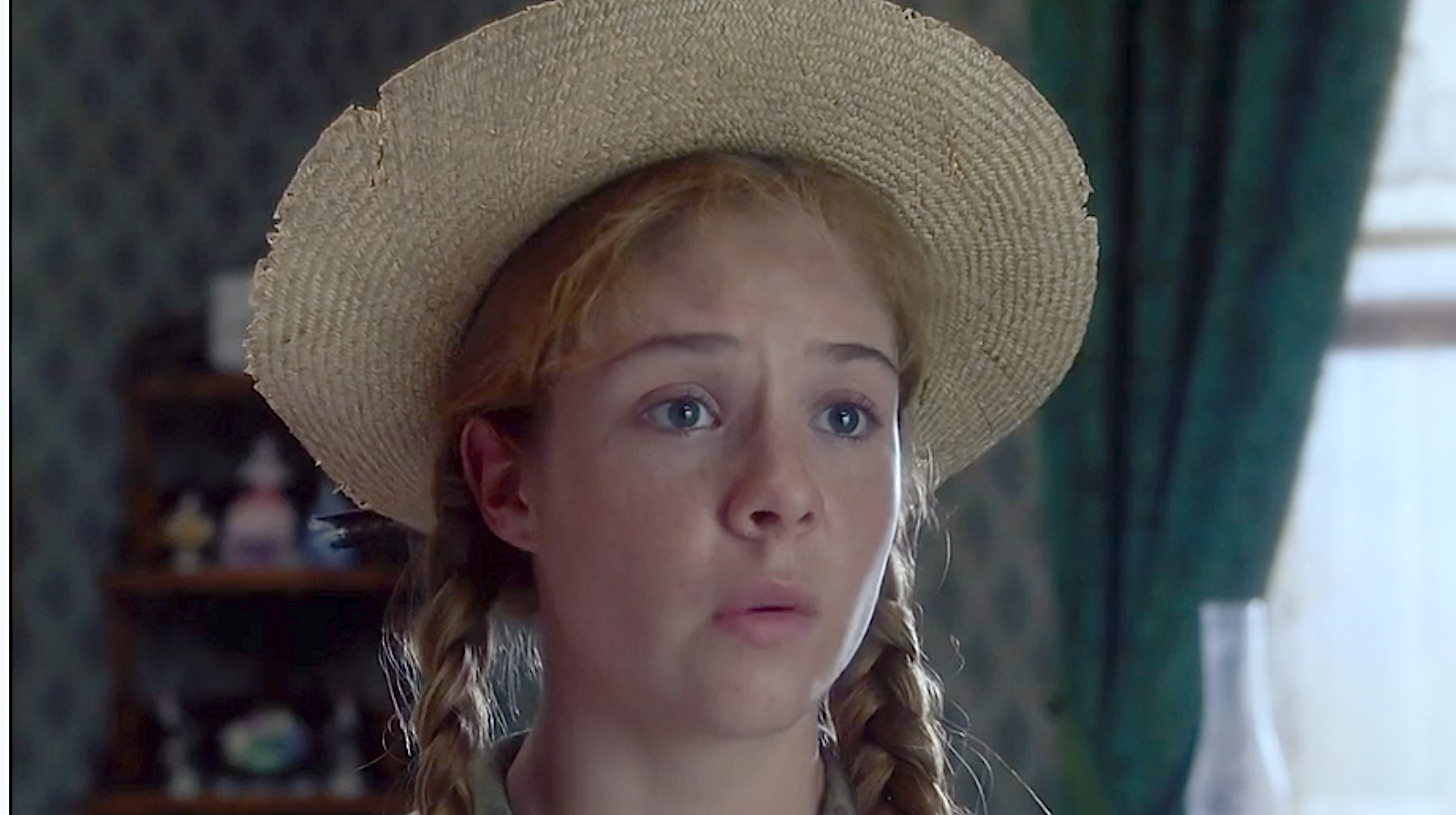If you were a young girl growing up reading English books and obsessed with literature the way I was (and I was a weird kid who loved reading way too much for her own good), Anne Shirley, written by Lucy Maud Montgomery, was a character you knew and could oddly relate to. She was nothing like me. I was a teenaged Pakistani girl in Karachi in late 1990s. Anne was a pre-teen orphan in the late 1800s in Canada. How could we possibly be alike?
But there was something about her that was thoroughly relatable to someone like me, to many girls like me who grew up on Anne’s stories. Her friendship with the world around her (even the trees and the lakes) and her ‘flights’ of imagination were something we could all relate to. In moments when we felt the world did not understand us, Anne Shirley understood as perfectly. She was the ‘kindred spirit’ we wished we had known around us.
I have no idea how many times I’ve read Anne’s stories. Anne of Green Gables. Anne of Windy Poplars. Chronicles of Avonlea. I’ve watched the series on television, recently binge-watched all of Anne with An E, a Netflix series, that was based on Anne as well. The series was cut short abruptly and I tweet at Netflix almost every day to renew it. This is the level of obsession fans have.
Last night, when I was reading Anne’s House of Dreams, a clearly darker novel than Mongtomery’s earlier works, I somehow wandered into the wonderful world of the internet where there were many many articles written about Montgomery’s life. In one article, biographers debated about whether she died of depression, addiction or suicide.
Anne Shirley’s writer. Depressed? How could it be? But it was.
The truly gifted are often truly disturbed. Scientists have discussed the link between mental health and creativity. Anne Shirley was the response of Montgomery’s gifted genius but also perhaps an escape to the terrible, unromantic life that was only punctuated with some great memories (Montgomery did indeed grow up in Prince Edward Island, Canada). Montgomery’s mother died when she was very young and she was sent to live with her maternal grandparents. Perhaps this is where her inspiration for Anne Shirley began. A young girl who didn’t really knew what it was like to grow up with a family or the unconditional love of parents.
Montgomery didn’t really marry the ‘right man’. She observed marriage as more of a Christian duty. She faced the death of her son (an experience she got Anne Shirley to share in Anne’s House of Dreams), the death of her best friend Frede and her husband had a mood disorder. Montgomery was also entwined in a bitter legal battle with her publishers who had printed Anne of Green Gables the first time.
The more I read about Lucy Maud Montgomery and the more I watched Anne of Green Gables (the one with Megan Follows) and the more I watched Anne with an E, the more I realized that when we’re young we are, by default, looking at the romantic, positive part about life and the world. As we grow older, we begin to read between the lines of sonnets and romantic dialog.
It’s even more surprising how unfulfilled her romantic life was and how beautifully she wrote great romances. Whether it was Anne herself or Lavender Lewis or even Cordelia Bryant, the right matches ‘just happened’ and made the best of days. One even wonders if almost everything about Anne Shirley was wishful thinking on Lucy Maud Montgomery’s part. Emily Starr, on the other hand, is darker and moodier than Anne Shirley. She has all of the romance but many rough edges, which Anne didn’t have. Anne was optimistic and kind. Emily could be wild and angry.
But that just shows how gifted Lucy Maud Montgomery really was. And how under-celebrated women writers are, especially those writers who have created memorable fictional characters for young women.
At the end of the day, what really hit me in the gut was how sad Lucy Maud Montgomery’s life really was. How darkness was all around her but she kept finding her light in writing and it kept on giving light to so many others along the way. And almost a hundred years later, the books continue to have a place in the hearts and minds of readers all over the world. My only hope now is that the entire anthology is picked up by someone who promises to do justice to it. Who doesn’t leave it midway and who doesn’t forsake a character forsaken and re-adapted to suit their own taste. Anne Shirley had her own innocence and kindness. Both these qualities must remain.

